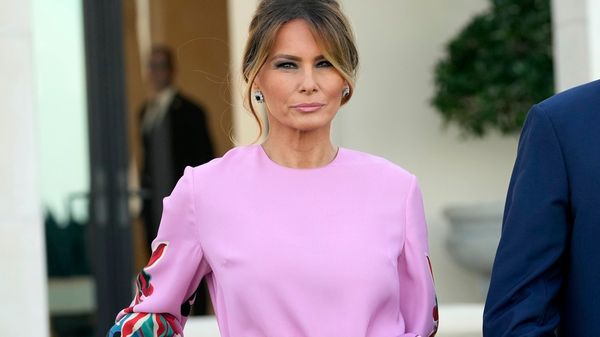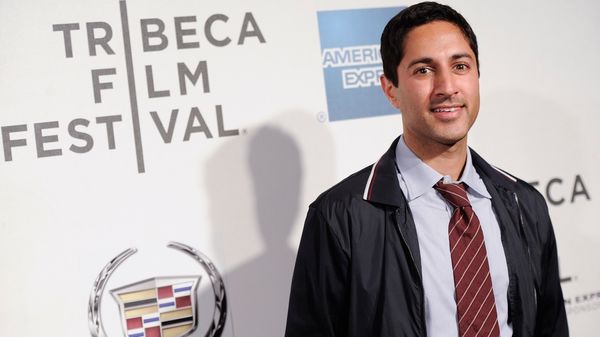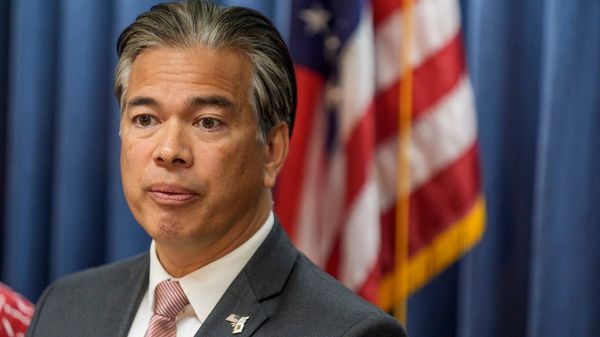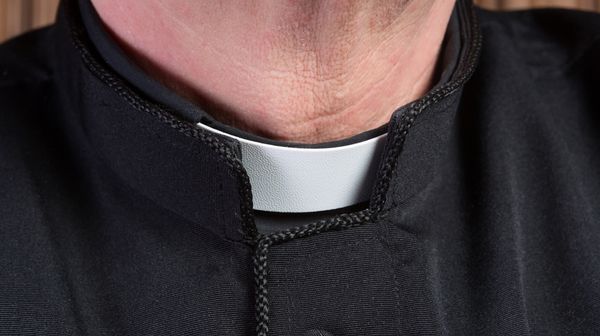March 9, 2010
Political Victories Turn Cities Into Gay Tourist Hot Spots
Joseph Erbentraut READ TIME: 7 MIN.
Houston's election late last year of its first openly gay mayor - Annise Parker - coincided serendipitously with a renewed effort to attract gay and lesbian visitors to the fourth-largest city in the nation.
In the eyes of the city's tourism office, Parker's election was not only an important political win, but also presented a marketing opportunity. The city launched a campaign titled "My Gay Houston," featuring gay Houstonians in print advertisements and on a newly-revamped website, as their latest effort in a years-old gay campaign.
As other destinations have also elected openly gay lawmakers or the passage of pro-gay legislation, many have followed Houston's suit in ramping up their LGBT promotional efforts. So does it matter if the mayor of your long-awaited getaway is a proponent for gay causes? Or if their city council recently enacted domestic partner benefits?
Would these tourism offices be doing the same thing if economic prospects were less cloudy, allowing for a wider choice of target markets? As these cities begin to chase after the pink dollar in response to LGBT political victories, EDGE took a closer look at these destinations' marketing efforts while examining some of the factors that contribute to a vacation spot's attractiveness to gay travelers.
Houston, Texas, Homo Haven (Texas?!?)
Many media pundits clamored that Parker's election in Houston marked the advent of the city's venture to cash in on gay and lesbian visitors -�a particularly attractive market in these economic times.
But the city - the fourth-largest in the country -� had begun their campaign years ago. The ad campaign had been years in the making. The timing, it turns out, was almost entirely coincidental with Parker's election, which electrified LGBT Americans.
Greg Ortale is CEO of the Greater Houston Convention and Visitors Bureau. In an interview, he readily admitted that the city's efforts to attract the gay and lesbian market had "clearly benefitted" from the election results.
He added, however, that the outreach effort was long overdue. The tourism office has received good feedback from gay and lesbian visitors who've responded to the new ads.
"Whether in good economic times or bad, you want [gay and lesbian] travelers in your city," Ortale told EDGE. "To assume we're going to ignore a major traveling market is ludicrous. It doesn't make a difference to us.
"We're proud of what our city offers in arts, sports with our food scene and retail. We can back up our destination against anybody else's."
Ortale has also had to back up his destination's gay and lesbian marketing efforts against a bit of criticism. One rural pastor attempted to launch a boycott of the city. And some right-wing sites made a point of saying they wouldn't patronize the city.
Regardless, Houston's marketing team seems committed to its gay-friendly stamp. The tourism board continues its collaboration with the community's LGBT organizations.
They have their work cut out for them. Even though a boycott on the right has been completely without supporters, the city has to battle the larger question of the state of Texas.
Despite pockets of liberal tolerance such as Houston, Dallas, Ft. Worth and Austin, Texas ranks relatively low for gay rights. Its state constitution specifically bans same-sex marriage.
So does Texas hinder Houston's reputation as well?
"The gay community in Houston has always been a fairly significant population," Ortale continued. "When people come here to visit, I think they found that out and quite often I think that was a surprise.
"But," he added, "we're all about everyone coming here, we're a very welcoming community.
"I think anybody that comes to Houston will be surprised by all of the things there are to do here. And that remains the same regardless if Parker were mayor."
In Search of the Pink Dollar
Campaigns actively reaching out to and addressing gay and lesbian travelers might feel more widespread in a recession, as tourism offices scramble to attract whatever travelers they can. The trend toward targeting is far from new, however.
Over the course of only a few years, Philadelphia used unprecedented marketing toward gay travelers to transform from off-the-radar into being an undeniable factor in the race for the pink dollar.
The city was recently tied for the 11th-most popular U.S. destination in Community Marketing's annual ranking of gay and lesbian travel spots.
Following in the steps of the city of brotherly love, nearby Atlantic City, N.J., has also launched an aggressive campaign to pull in gay and lesbian visitors.
Formerly known for their throngs of slots-playing, stretchy pants-wearing senior citizens, the city is in the process of converting their image to a hipper, gay-friendly one.
Led by Harrah's, which played host to a weekend of gay-targeted entertainment events, a scheduled-though-canceled Lady GaGa appearance and the return of the Miss'd America Pageant at Boardwalk Hall, promoters and property owners have upped the gay ante considerably in recent months.
The city, too, may have benefited from being in the national LGBT political spotlight, as the battle to legalize gay marriage in New Jersey ended its latest round early this year.
"We're trying to get the word out that Atlantic City is a great place to visit," said Jeff Vasser, president of the Atlantic City Convention & Visitors Authority, who noted that many of the city's casinos were particularly embracing of the segment.
"It's close to home [for New Yorkers] and you'll be welcomed," he added. "There's more and more amenities that are opening all the time." The city's growing list of world-class restaurants, spas, entertainment and amenities certainly helps draw the queens.
Connection to Community
Addressing the city's expanding nightlife options and lodging options, Vasser said the gay and lesbian market's desire for quality service and amenities was not too different from the desires of heterosexual travelers and was off to a great start.
He also said it was important for their efforts to work closely with the area's gay community to reflect their genuine interest in serving all guests' needs equally. A newly formed local gay business alliance has been crucial in working to help promote the fabled oceanside resort city as a LGBT destination.
"We've always been a very open and welcoming community," Vasser added. "I think you have to have that to start with. You can offer whatever amenities you want, but it won't work otherwise."
Robin McKee, national sales manager of California's Sonoma County Tourism Bureau, noted a welcoming community was key to any destination's success in attracting gay travelers, regardless of what's happening politically in their community.
The county - known for its picturesque, natural beauty and friendliness - had worked to be welcoming to gay travelers from the beginning. But most acknowledge that early efforts fell short.
Using stock photographs in advertisements, their original campaign lacked the personality of their current efforts which highlight the community's heart.
"Allowing our community to work through us was the best thing we've done so far," McKee told EDGE. "We are a multi-faceted county and wanted to show the human nature of our destination and show that all will be welcomed and appreciated here."
Beyond the Bars
Indeed, it would seem the LGBT travel segment is one moving beyond the need for exclusively gay properties or an expansive strip of gay bars to ensure visitors enjoy their stay.
Rather, it would appear more important that a destination offer diverse opportunities for entertainment and leisure, in addition to reflecting a commitment to the communities' many interests and priorities.
John Tanzella, CEO of the International Gay and Lesbian Travel Association, agreed that any given LGBT-catered destination needs to make a dedicated effort to win over the community. He said political victories in any given LGBT-catered travel destination do play a publicity role.
"You don't have to have a million gay bars to be a gay destination," Tanzella said. "I think when [a destination] is in the media and grabs peoples' attention for political reasons, it brings home their point of being 'gay friendly' and people will think about it. And if that destination is actually doing marketing to gay travelers, it can very easily then become a destination they want to visit."
In the final analysis, any city needs to keep a "clean house." Its ability to prove an authentic partnership with its own gay residents is crucial to its long-term success in attracting gay visitors.
"The [LGBT] community as a whole is very savvy and tends to support those who support us and not just for a year," noted Tanzella. "We support businesses that are in it for the long haul, and those are the ones who will benefit the most from our travel dollars."
Joseph covers news, arts and entertainment and lives in Chicago. He is the assistant Chicago editor for The Huffington Post. Log on to www.joe-erbentraut.com to read more of his work.







